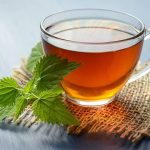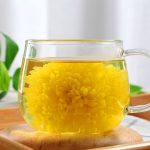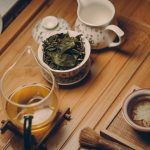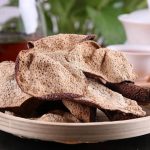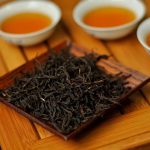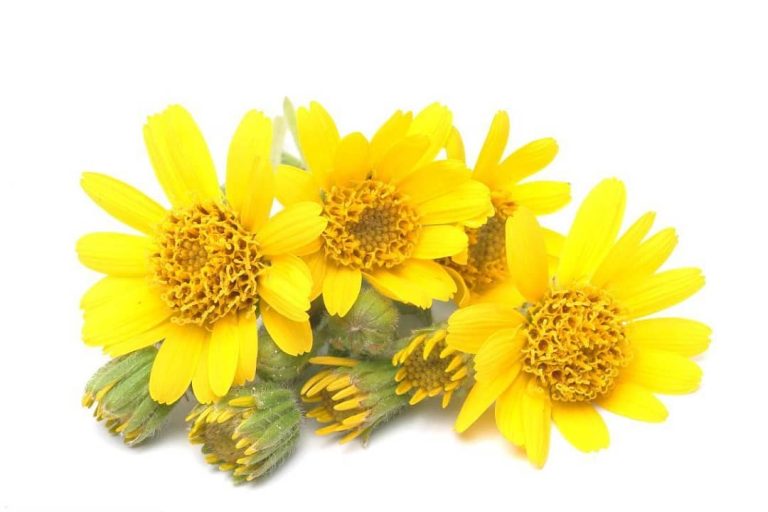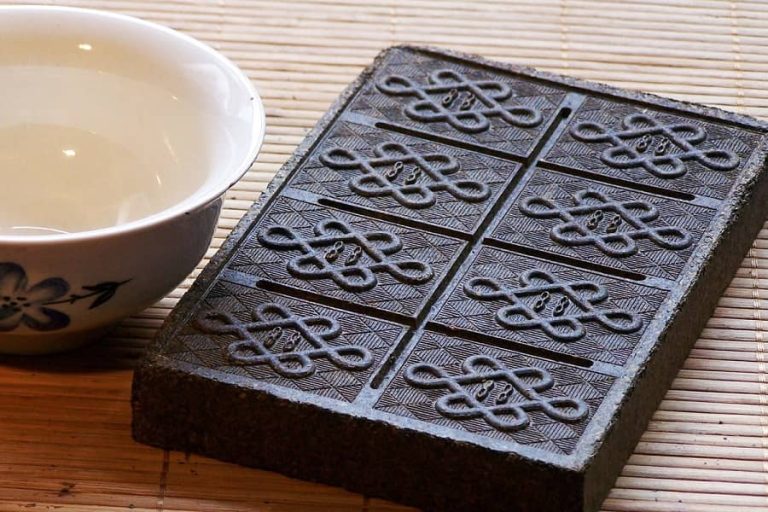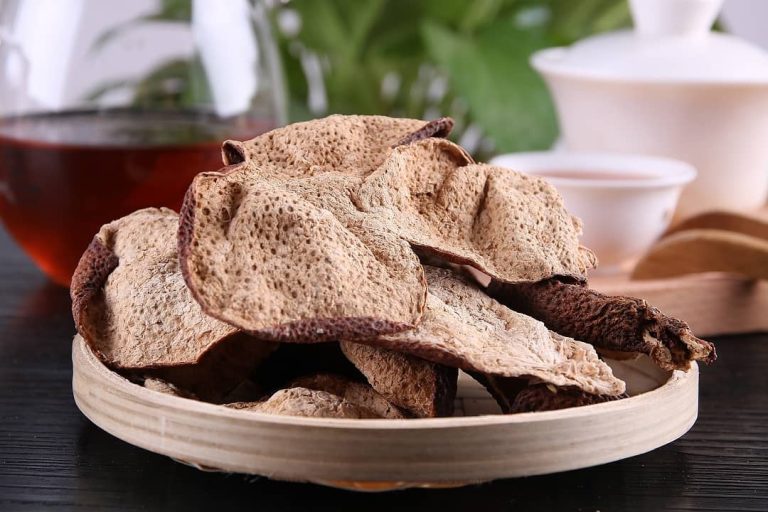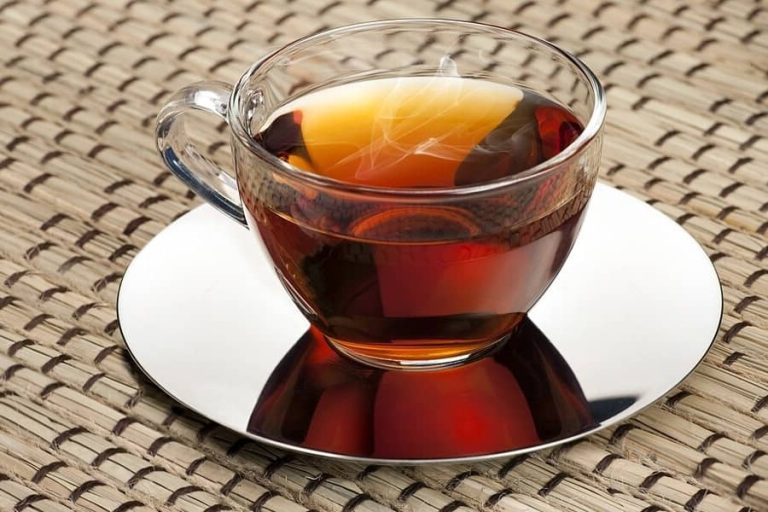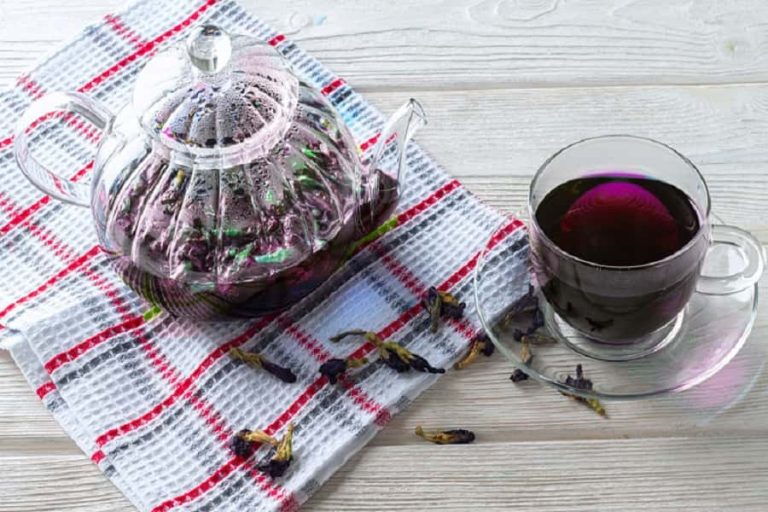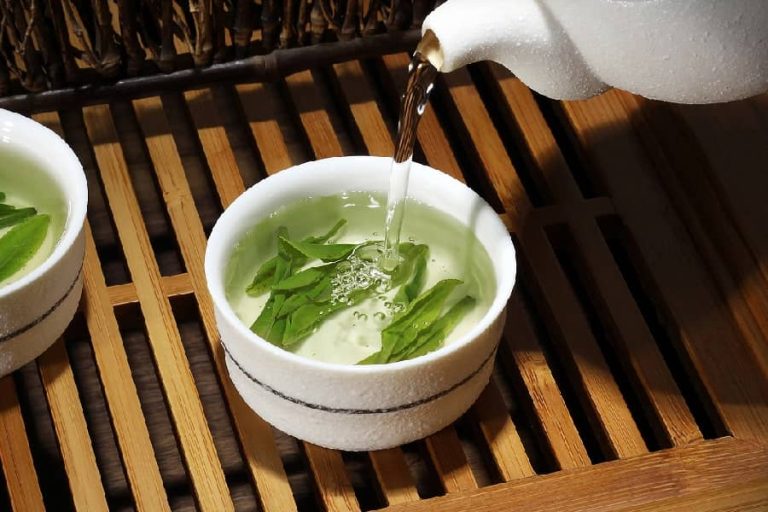How much caffeine in a chai tea?
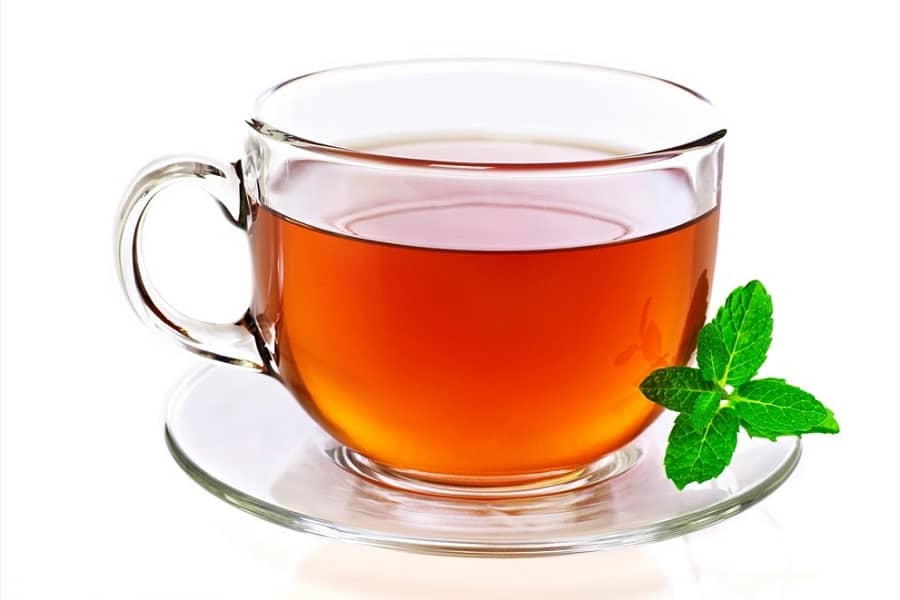
The amount of caffeine in chai tea can vary depending on the ingredients used to make it. Chai tea is typically made with black tea, which naturally contains caffeine. However, some types of chai tea may also contain additional ingredients like spices, herbs, or flowers, which can affect its caffeine content.
On average, an 8-ounce serving of chai tea made with black tea contains approximately 30-50 milligrams of caffeine. This is around half the amount of caffeine found in a typical 8-ounce cup of coffee. However, the exact amount of caffeine can vary depending on the brand, the specific type of black tea, and how the chai tea is brewed. Some chai tea blends may also be decaffeinated, which means they contain little to no caffeine. It’s always a good idea to check the label or contact the manufacturer to find out the specific amount of caffeine in your chai tea.
The popularity of chai tea has grown significantly in recent years, with its unique blend of spices and flavors making it a beloved beverage worldwide. However, with caffeine being a common ingredient in chai tea, it is important to understand the effects it has on our bodies. In this article, we will explore the amount of caffeine in chai tea, its ingredients, how it compares to other caffeinated beverages, and ultimately the importance of understanding the caffeine content of our beverages.
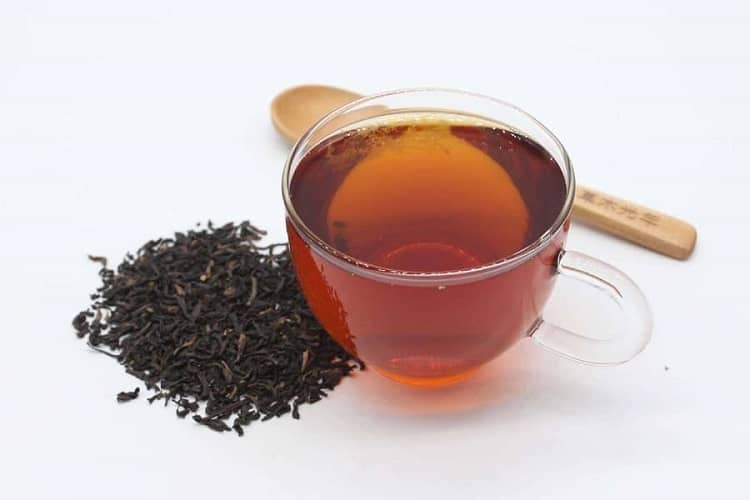
The Ingredients of Chai Tea
Black tea is the main ingredient in chai tea, and it is what gives the beverage its characteristic flavor. Black tea comes from the Camellia sinensis plant and is typically more oxidized than other tea varieties, which results in a stronger flavor and higher caffeine content. The amount of caffeine in black tea can range from 25 to 110 milligrams per 8-ounce cup, depending on the specific type and how it is brewed.
Chai tea also contains a variety of spices, herbs, and flowers, which can vary depending on the specific type and brand. Common spices used in chai tea blends include cinnamon, cardamom, ginger, and cloves. These spices have been used for centuries in traditional medicine and are known for their health benefits, such as aiding digestion and reducing inflammation.
Other ingredients found in chai tea blends can include herbs like chamomile and peppermint, as well as delicate flowers like lavender and rose petals. These ingredients can add unique flavors and aromas to the tea, but they typically do not significantly alter the caffeine content of the final product.
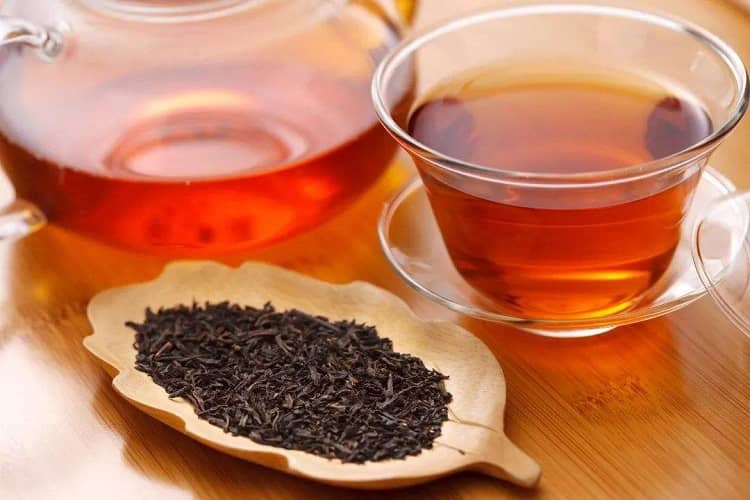
The Amount of Caffeine in Chai Tea
As mentioned, black tea is the primary source of caffeine in chai tea. On average, an 8-ounce serving of chai tea made with black tea contains approximately 30-50 milligrams of caffeine. This is about half the amount found in a typical 8-ounce cup of coffee, which contains around 95 milligrams of caffeine.
However, it is important to note that the amount of caffeine in chai tea can vary widely depending on the type of black tea used and the brewing method. For example, a chai tea blend made with Assam tea, known for its high caffeine content, may have more caffeine than a blend made with Darjeeling tea, which has a lower caffeine content. Additionally, the amount of caffeine in chai tea may be affected by the ratio of tea to other ingredients in the blend and how long it is steeped.
Furthermore, some chai tea blends may be decaffeinated, which means they contain little to no caffeine. Decaffeination processes typically involve several steps, including soaking the tea leaves in solvents that extract caffeine while leaving other flavor compounds intact. The exact amount of caffeine in decaf chai tea may vary depending on the specific brand and method used.
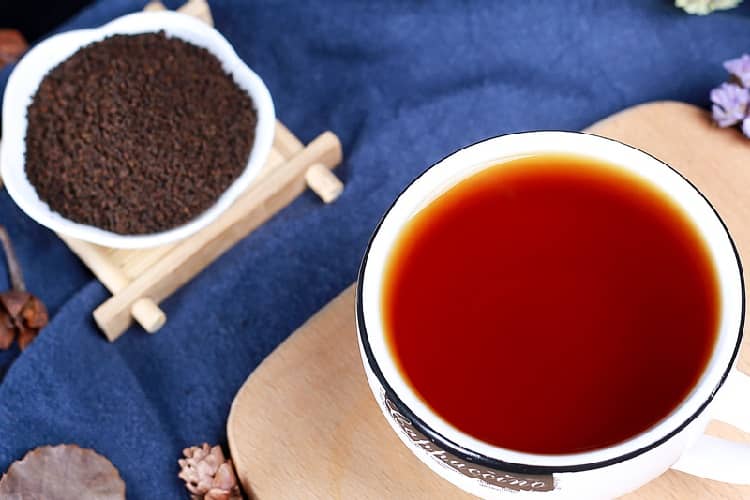
Comparison to Other Caffeinated Beverages
Despite containing caffeine, chai tea is often considered a more mild alternative to other caffeinated beverages like coffee. This is due to the lower amount of caffeine found in chai tea, as well as the other health benefits it offers. For example, the spices and herbs found in chai tea are known to have anti-inflammatory and digestive properties, as well as being a rich source of antioxidants.
When compared to other caffeinated beverages like black tea and coffee, chai tea falls somewhere in the middle in terms of caffeine content. As mentioned, an 8-ounce serving of chai tea made with black tea typically contains around 30-50 milligrams of caffeine. By comparison, an 8-ounce cup of black tea contains around 25-48 milligrams of caffeine, while an 8-ounce cup of coffee contains around 95 milligrams of caffeine on average.
The effects of caffeine on the body can vary depending on individual factors like age, weight, and sensitivity to caffeine. Caffeine consumption can cause a variety of effects, including increased heart rate, jitteriness, and anxiety. However, moderate caffeine consumption is generally considered safe for most people and is not associated with any long-term negative health effects when consumed in moderation. Here I recommend: Top 3 Harney & Sons Decaffeinated Teas.
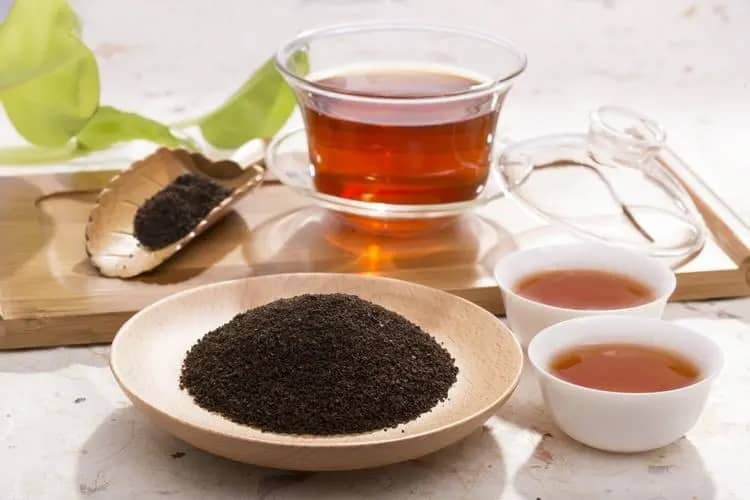
The Importance of Understanding Caffeine Content
With all the potential benefits and drawbacks of caffeine consumption, it’s important to familiarize oneself with the caffeine content of different beverages. This is especially important for those who may be more sensitive to caffeine, such as children, pregnant women, and individuals with certain health conditions.
Understanding the caffeine content of beverages can also help with moderation and overall wellness. Consuming too much caffeine can lead to negative side effects like headaches, insomnia, and heart palpitations. It can also exacerbate anxiety and other mental health conditions. Therefore, it’s important to monitor caffeine intake and consume caffeinated beverages in moderation.
In conclusion, chai tea is a beloved beverage worldwide, known for its unique blend of spices and flavors. While it does contain caffeine, on average an 8-ounce serving of chai tea made with black tea contains approximately 30-50 milligrams of caffeine, considerably less than a cup of coffee. Despite its mild nature, it’s important to understand the caffeine content of different beverages and monitor consumption for overall wellness. Additionally, familiarizing oneself with the ingredients in chai tea and other beverages can help with moderation and provide a deeper appreciation for the cultural significance of this beloved beverage.
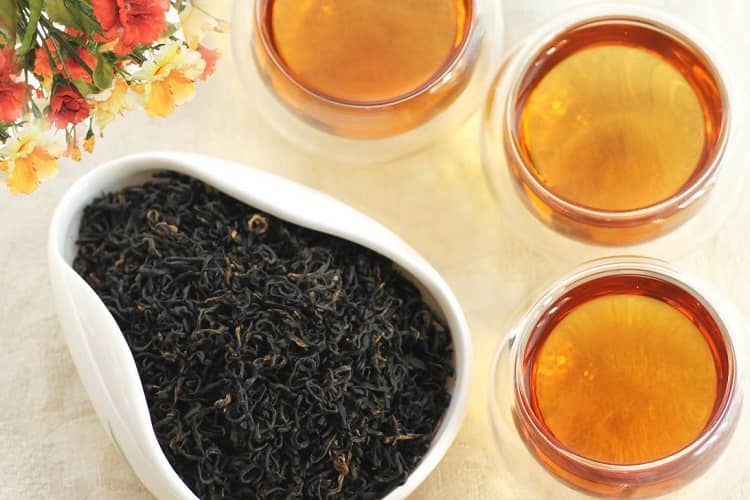
FAQ: About Caffeine in a Chai Tea
How much caffeine is in a chai tea latte?
A chai tea latte typically contains the same amount of caffeine as a regular chai tea, which is about 30-50 milligrams per 8-ounce serving.
Is chai tea caffeine-free?
Chai tea blends made with decaffeinated black tea can be caffeine-free or contain very small amounts of caffeine. However, most chai tea blends made with regular black tea contain caffeine.
Can I drink chai tea if I’m sensitive to caffeine?
Individuals who are sensitive to caffeine should consume chai tea in moderation or choose a decaf variety. It’s always best to consult with a healthcare professional before adding any caffeinated beverage to your diet. Learn more: Best Decaf Tea Brands.
How does the caffeine content of chai tea compare to other tea varieties?
The caffeine content of chai tea made with black tea falls somewhere in the middle when compared to other tea varieties. For example, an 8-ounce cup of green tea typically contains around 25-30 milligrams of caffeine, while an 8-ounce cup of black tea contains around 25-48 milligrams of caffeine.
Does the brewing method affect the caffeine content of chai tea?
The brewing method can affect the caffeine content of chai tea. For example, longer steeping times can result in a higher caffeine content. Brewing with hotter water can also extract more caffeine from the tea leaves.
How many cups of chai tea can I drink per day?
The amount of chai tea a person can drink per day depends on individual caffeine sensitivity and overall health. It is generally recommended to consume no more than four cups of tea per day to avoid consuming too much caffeine.
Are there any health benefits to drinking chai tea?
Chai tea contains a variety of spices and herbs that have potential health benefits, such as aiding digestion, reducing inflammation, and providing antioxidants. However, the health benefits of chai tea may vary depending on the specific ingredients and the amount consumed.
Does the type of black tea used in the chai tea blend affect the caffeine content?
Yes, the type of black tea used can affect the caffeine content of the chai tea. For example, Assam tea has a higher caffeine content than Darjeeling tea.
How long should chai tea be brewed for best results?
Chai tea should be brewed for 3-5 minutes for the best results. Steeping the tea for longer can result in a stronger, more bitter taste and a higher caffeine content.
Is it safe to consume chai tea during pregnancy?
Pregnant women should consume chai tea in moderation and consult with their healthcare provider before adding any caffeinated beverage to their diet. In general, pregnant women are advised to limit caffeine intake to 200-300 milligrams per day.


